- The sub-Saharan Africa region currently spends more than $35 billion on food imports per year
- Wheat made up 90% of Russia’s $4 billion in exports to Africa in 2020
- 79% of Ukraine’s nearly $3 billion in exports to the continent was of wheat and maize
- Over-dependence on a globalised agricultural system has led to failure of African policies to alleviate food security problems
- Integration of regional economies is one vehicle for alleviating pervasive food security issues
- Nearly $90 billion of African resources are lost to the global north in Illicit Financial Flows
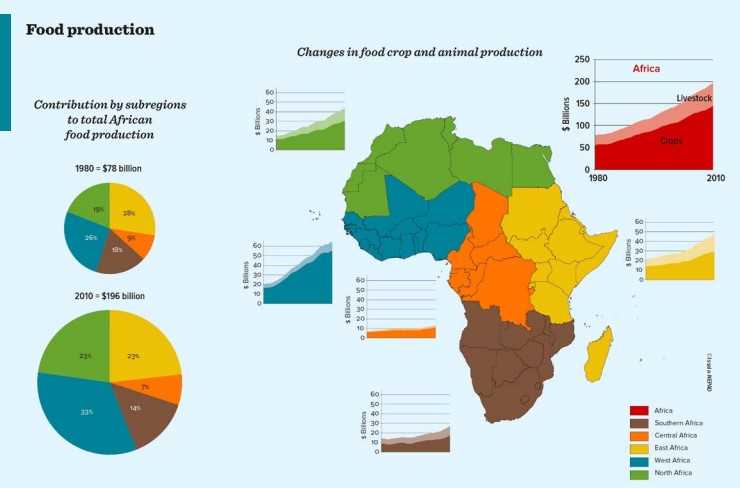
Global food security, especially in Africa, has been in the media publications these past few months. The sub-Saharan Africa region currently spends more than $35 billion on food imports per year.
While a few outspoken African leaders shifted blames to Russia-Ukraine crisis, others focus on spending state budget to import food to calm rising discontent among the population.
Some experts and international organizations have also expressed the fact that African leaders have to adopt import substitution mechanisms and use their financial resources on strengthening agricultural production systems.
In a sharp contrast to food-importing African countries, Zimbabwe has increased wheat production especially during this crucial time of the current Russia-Ukraine crisis.
This achievement was attributed to efforts in mobilizing local scientists to improve the crop’s production. Zimbabwe is an African country that has been under Western sanctions for 25 years, hindering imports of much-needed machinery and other inputs to drive agriculture.
At the African Green Revolution Forum (AGRF) summit held September in Rwanda, President Emmerson Mnangagwa told the gathering that “we used to depend on importation of wheat from Ukraine in the past, but we have been able to produce our own. So, the crisis in that country has not affected us. There is an urgent need to adopt a progressive approach and re-purpose food policies to address the emerging challenges affecting our entire food systems.”
There are various local efforts to attain food security on the continent. For instance, the African Development Bank’s (AfDB) African Emergency Food Production Facility (AEFPF) to increase the production of climate-adapted wheat, corn, rice, and soybeans over the next four growing seasons in Africa. The International Fund for Agricultural Development’s (IFAD) Crisis Response Initiative (CRI) to help protect livelihoods and build resilience in rural communities. The Africa Adaptation Initiative (AAI) to develop a pipeline of bankable projects in Africa, to leverage private equity.
The Africa Risk Capacity (ARC) Africa Disaster Risk Financing Programme (ADRiFi) to help African governments to respond to food system shocks by increasing access to risk insurance products. A fertilizer efficiency and innovation program to enhance the efficiency of fertilizer use in countries where fertilizer tends to be over-applied.
Support for the UN Food and Agriculture Organization (FAO) will fund soil mapping spanning multiple countries to provide information allowing for wiser water usage, greater fertilizer conservation, and improved climate resilience impacts.
Significant to note that during business conference held at the Atlantic Council’s Africa Center on April 22, African Development Bank Group President Dr. Akinwumi Adesina, speaking as a guest of the Washington, DC, US-based think tank, called for an increased sense of urgency amid what he described as a once-in-a-century convergence of global challenges for Africa, including a looming food crisis.
The continent’s most vulnerable countries have been hit hardest by conflict, climate change and the pandemic, which upended economic and development progress in Africa.
Adesina said the ramifications of Russia’s invasion of Ukraine on Feb. 24 spread far beyond the conflict to other parts of the world, including Africa. Russia and Ukraine supply almost 30% of global wheat exports, and the price has surged nearly 50% globally, reaching levels reminiscent of the 2008 global food crisis.
Adesina said the tripling of fertilizer costs, rising energy price and rising costs of food baskets, could worsen in Africa in the coming months. He noted wheat made up 90% of Russia’s $4 billion in exports to Africa in 2020, and of Ukraine’s nearly $3 billion in exports to the continent, 48% was wheat and 31% was maize.
Adesina said Africa must rapidly expand its production to meet food security challenges. “The African Development Bank is already active in mitigating the effects of a food crisis through the African Food Crisis Response and Emergency Facility, a dedicated facility being considered by the bank to provide African countries with the resources needed to raise local food production and procure fertilizer,” Adesina said. “My basic principle is that Africa should not be begging. We must solve our own challenges ourselves without depending on others…”
The bank chief spoke about early successes through the African Development Bank’s innovative flagship initiative, Technologies for African Agricultural Transformation (TAAT) program, which operates across nine food commodities in more than 30 African countries. TAAT has helped to rapidly boost food production at scale on the continent, including the production of wheat, rice and other cereal crops.
“We are putting our money where our mouth is,” Adesina said. “We are producing more and more of our own food. Our Africa Emergency Food Production Plan will produce 38 million metric tons of food.” He said TAAT already had delivered heat-tolerant varieties of wheat to 1.8 million farmers in seven countries, increasing wheat production by over 1.4 million metric tons and a value of $291 million. He added that during the drought in southern Africa in 2018 and 2019, TATT was able to help deploy heat-tolerant maize varieties which were cultivated by 5.2 million households on 841,000 hectares.
In a similar argument and direction, the World Bank has also expressed worry over sub-Saharan Africa countries high expenditure on food imports, that could be produced locally using their vast uncultivated lands, and devastating impact on budgets due to rising external borrowing.
Related Stories
According to the bank, it is crucial to increase the effectiveness of current resources to expanding and supporting local production especially in the sectors of agriculture and industry during this crucial period of Russia-Ukraine crisis.
In a press release titled – African Governments Urgently Need to Restore Macro-Economic Stability and Protect the Poor in a Context of Slow Growth, – High Inflation, the global lender said African governments spent 16.5 per cent of their revenues servicing external debt in 2021, up from less than 5 per cent in 2010. Eight out of 38 IDA-eligible countries in the region are in debt distress, and 14 are at high risk of joining them.
In late May 2022, the IMF and World Bank considered 16 low-income African countries to be at high risk of debt distress, while 7 countries – Chad, Republic of the Congo, Mozambique, São Tomé and Príncipe, Somalia, Sudan and Zimbabwe – were already in debt distress.
Bright spots, such as Côte d’Ivoire and Rwanda, are expected to exhibit rapid growth in 2022, the report said. However, 33 African countries need external assistance for food, and acute food insecurity is likely to worsen in the next months in 18 of these economies.
With the above facts, African leaders have to demonstrate a higher level of commitment to tackling post-pandemic challenges and the Russia-Ukraine crisis that have created global economic instability and other related severe consequences. And this requires collaborative action, and much stronger pace of transformation to cater for the needs of the population over 1.3 billion in Africa.
Máximo Torero, chief economist of the Food and Agriculture Organization, has observed that African policies have relatively failed to alleviate food security problems. It has emphasised the fragility of over-dependence on a globalised agricultural system. What is needed to achieve a more integrated and regionalized agricultural system is coordinated public policy responses to support agribusiness. These responses must ensure small and medium-sized farmers are included.
Action can be taken at a regional level too. And it would help identify issues relating to market access, border and transport-related problems, and possible anticompetitive behaviour. The integration of regional economies is one vehicle for alleviating pervasive food security issues. But regional integration can’t be achieved without the appropriate support for investment in production, infrastructure and capabilities.
An estimate suggests that rich Africans were holding a massive $500 billion in tax havens. Africa’s people are effectively robbed of wealth by an economy that enables a tiny minority of Africans to get rich by allowing wealth to flow out of Africa.
According to our basic research, Africa is not poor as foreign players are stealing its wealth. But, there is $203 billion leaving the continent. Based on a set of new figures, sub-Saharan Africa is a net creditor to the rest of the world to the tune of more than $41 billion.
Then there’s the $30 billion that these corporations repatriate – profits they make in Africa but send back to their home country, or elsewhere, to enjoy their wealth.
In an opinion article published September by Foreign Policy in Focus, Imani Countess wrote that every year nearly $90 billion of African resources are lost to the global north in Illicit Financial Flows, or IFFs. It isn’t just the Russians, but also U.S.-based corporations and others throughout the global north.
According to him, “the financial mechanisms that facilitate illicit financial flows are complex, most often through opaque deals and contracts involving government officials. People in these plundered communities do not have a voice. They face harm to local biodiversity, loss of their livelihoods, and a lack of meaningful benefits, especially in providing sustainable development. The losses are breathtaking and heartbreaking, as they represent revenue that should be invested in sustainable development in Africa.”
Of the challenges currently facing the continent, it is climate change that has greatly slowed down Africa’s progress towards MDGs, especially those related to eliminating hunger and poverty, improving human health and ensuring environmental sustainability.
This is because climate change disproportionately affects the livelihoods of the most vulnerable population by increasing the occurrence of natural disasters, affecting the continuity of ecosystem functioning and the ecosystem services it provides. Climate change also damages the critical natural resources that vulnerable communities depend on.
Establishing food security is important for millions of people facing hunger in Africa and is crucial for sustainable economic development and long-term prosperity of the continent. Addressing food security in a changing climate, therefore, is key for a rising Africa in the 21st century.
From the discussions above and various perspectives, African leaders have to focus and redirect both human and financial resources toward increasing local production, the surest approach to attain sustainable food security for over 1.3 billion population in Africa, and this falls within the framework of the Agenda 2063 of the African Union.
This article has been adapted from the original version that first appeared on eurasiareview.com










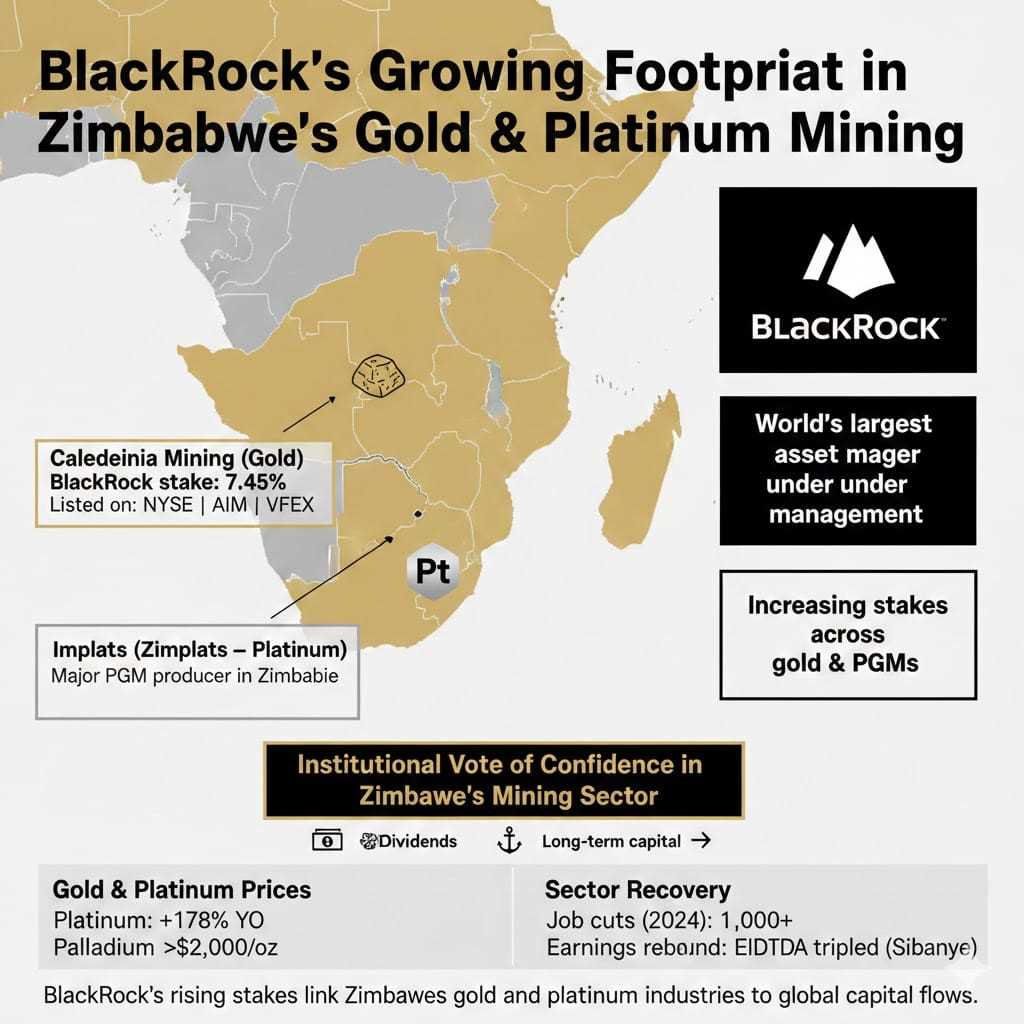

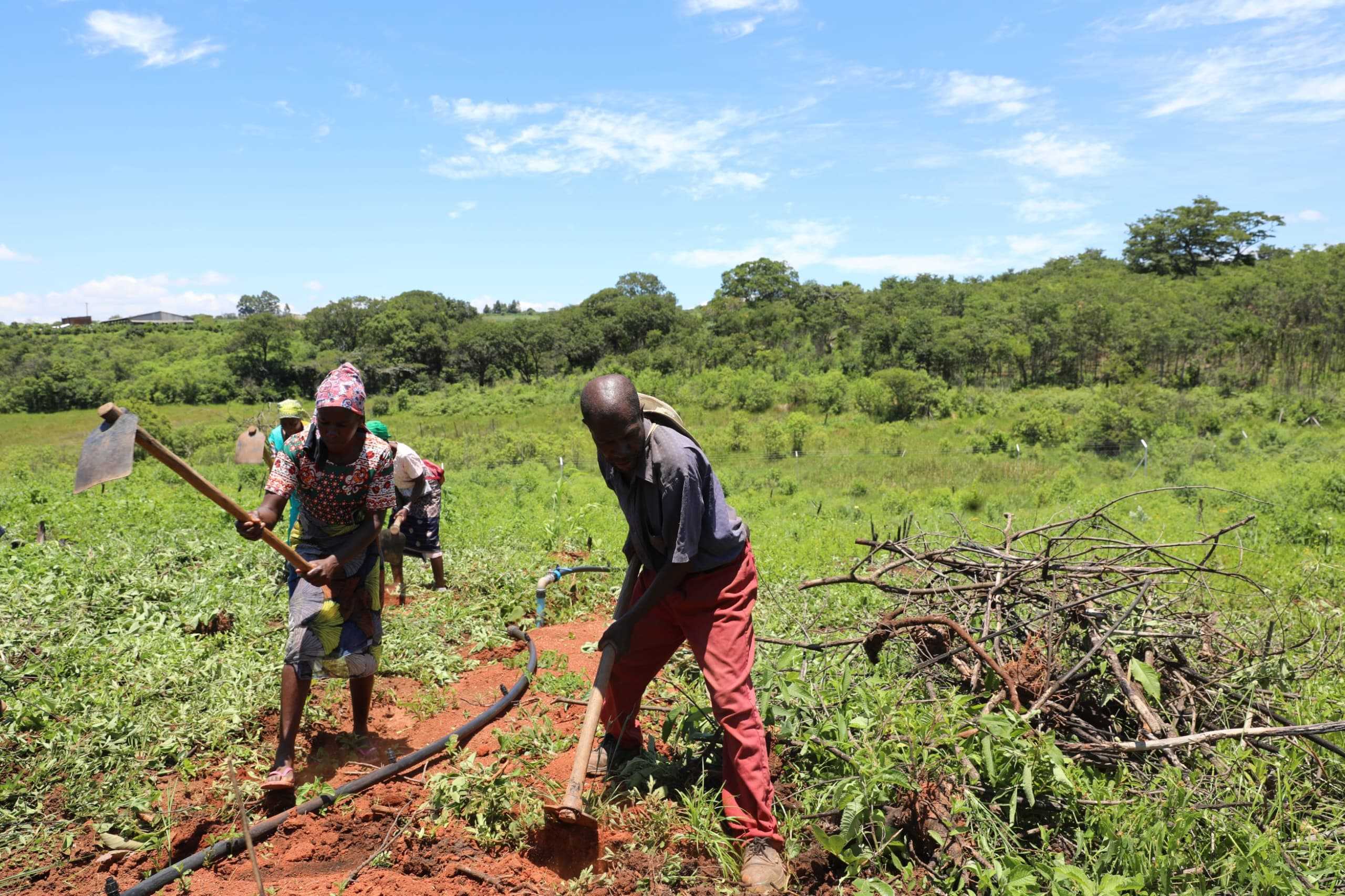

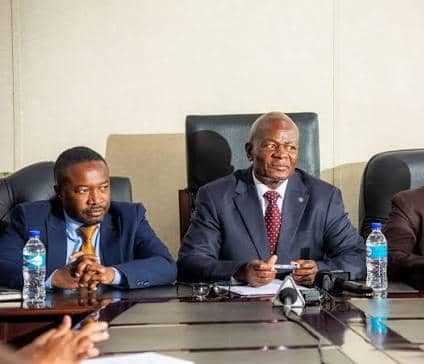
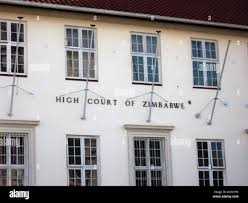


Leave Comments